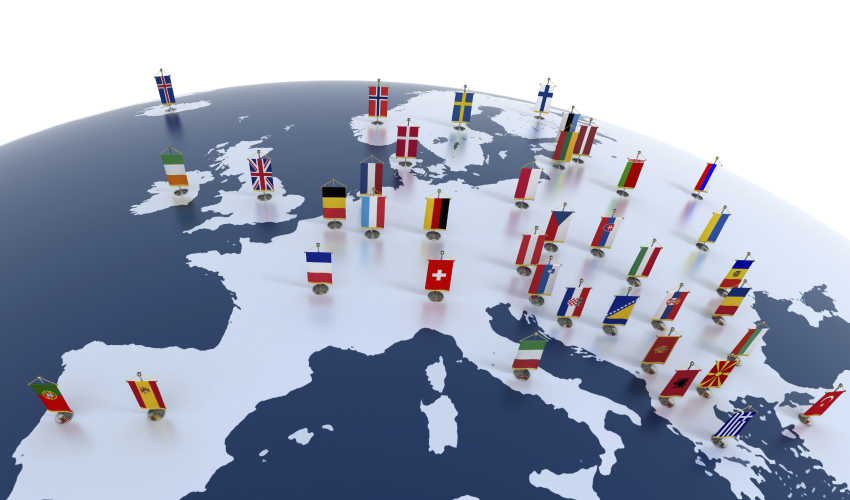
Behind Western Intervention in the Fall of Regimes
WHAT ARE THE EFFECTS OF AN EXTERNAL THREAT TO A DICTATOR'S SURVIVAL? THIS IS THE QUESTION FACING LIVIO DI LONARDO IN A STUDY WITH TWO COAUTHORSIn recent years, there has been growing debate on regime change. The discussion is about whether Western countries should conceive military interventions such as in Libya in 2011. “It was a journalistic, more than academic, debate though”, says Livio Di Lonardo, Assistant Professor at the Department of Policy Analysis and Public Management.
In an ongoing project with Scott Tyson and Jessica Sun of the University of Michigan, Di Lonardo deals with the issue asking a few questions: is an external threat a determining factor in overthrowing a regime? Can internal opposition be used to bring down a dictator? The authors provide an answer by distinguishing between the case where the internal threat to the regime is aligned with the external threat and the case where it is not. In the first case, the regime almost certainly comes down, but who bears the costs of overturning it? “The international actor threatens to intervene militarily, but it would prefer to avoid an invasion and thus it presses the internal opposition to act. The internal opposition prefers in turn to delegate the overthrow of the regime to the international actor. Incentives such as economic and military support are not enough: the internal faction acts only if the intervention of an external actor is doomed to impose substantial costs on the country”.
In the case where the internal and the external threats are not aligned, the regime is likely to survive. This is the Syrian scenario. “The external actor acts prudently because of the presence of a hostile internal opposition. The regime is therefore not encouraged to suppress the opposition: it is an insurance policy to stay in power”.
Read more about this topic:
At the Center of Political Workings, article by Lanny Martin
The Theory of Secession. Article by Massimo Morelli
The New Silk Road Can Be Understood by Looking at the Past. Article by Andrea Colli
Why the Multinationals that Influence the World Are Born
In Europe the obstacle is not culture
How a Sentence Can Affect International Agreements
by Claudio Todesco
